Associations to the word «Monitor»
Noun
- Monitoring
- Compliance
- Anesthesia
- Sensor
- Surveillance
- Ceasefire
- Fluorescence
- Analyzer
- Ultrasound
- Scanner
- Nsa
- Gps
- Electrode
- Detector
- Glucose
- Catheter
- Camera
- Spectrometer
- Contaminant
- Indicator
- Tracking
- Effectiveness
- Laptop
- Calibration
- Assay
- Oversight
- Saturation
- Progress
- Implementation
- Spectroscopy
- Airplay
- Patient
- Technician
- Adherence
- Controller
- Sensing
- Parameter
- Feedback
- Medication
- Detecting
- Microphone
- Detection
- Alert
- Computer
- Contamination
- Chat
- Heartbeat
- Respiration
- Instrumentation
- Checkpoint
- Clinician
- Pollutant
- Doppler
- Groundwater
- Nurse
- Observer
- Probe
- Infusion
- Peacekeeping
- Scanning
- Thermometer
- Pulse
- Audit
- Ventilation
- Impedance
- Urine
- Pollution
- Emission
- Output
- Radiation
- Imaging
- Intrusion
- Device
- Malfunction
Adjective
Pictures for the word «Monitor»

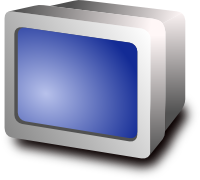 CRT, Display, Monitor
CRT, Display, Monitor
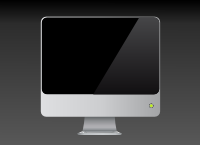 Screen, Monitor
Screen, Monitor
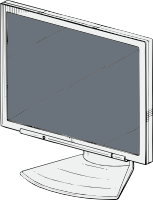 Monitor
Monitor
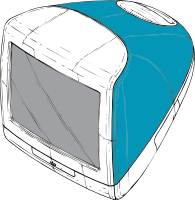 Monitor
Monitor
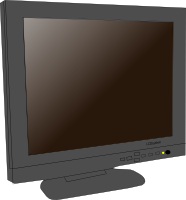 Monitor, LCD monitor, Display
Monitor, LCD monitor, Display
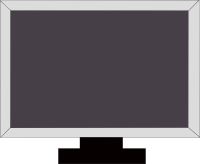 Monitor
Monitor
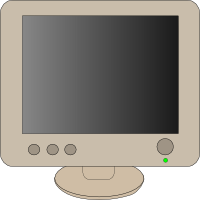 Monitor, Display
Monitor, Display
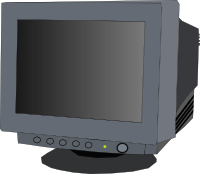 Monitor, CRT monitor, Display
Monitor, CRT monitor, Display
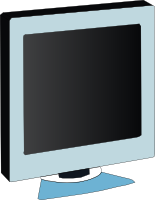 Monitor
Monitor.png)
.png) TFT monitor, Monitor, Display
TFT monitor, Monitor, Display
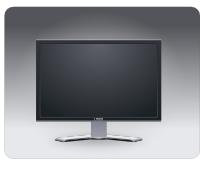 Monitor, Display
Monitor, Display
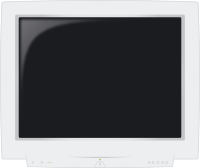 Monitor
Monitor
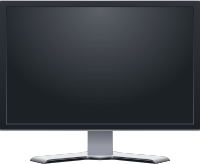 Monitor, LCD monitor
Monitor, LCD monitor
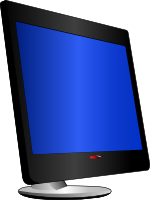 Monitor, Display
Monitor, Display
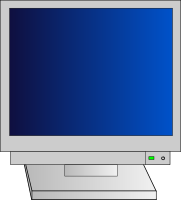 CRT, Monitor, Display
CRT, Monitor, Display
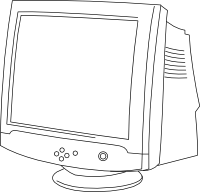 Monitor
Monitor
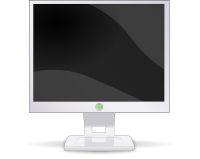 Screen, Monitor, Display
Screen, Monitor, Display
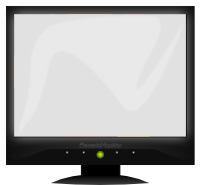 Monitor, Display
Monitor, Display
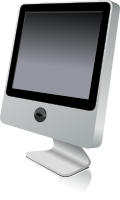 Monitor, Screen
Monitor, Screen
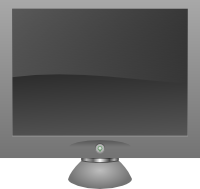 Monitor, Display
Monitor, Display
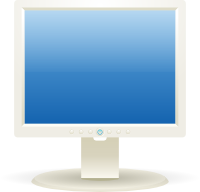 LCD display, Monitor, Display, Screen
LCD display, Monitor, Display, Screen
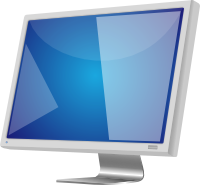 LCD screen, Monitor, Screen, Display
LCD screen, Monitor, Screen, Display
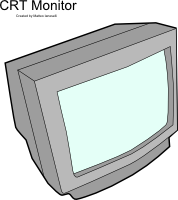 Monitor
Monitor
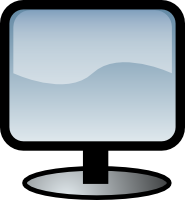 Screen, Monitor
Screen, Monitor
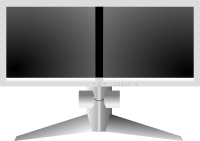 Monitor, Display
Monitor, Display
 Monitor
Monitor
 Monitor, Display, Widescreen
Monitor, Display, Widescreen
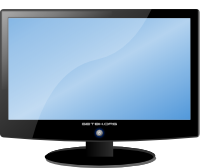 Monitor, Widescreen, Display, LCD
Monitor, Widescreen, Display, LCDWiktionary
MONITOR, noun. Someone who watches over something; a person in charge of something or someone.
MONITOR, noun. A device that detects and informs on the presence, quantity, etc., of something.
MONITOR, noun. (computing) A device similar to a television set used as to give a graphical display of the output from a computer.
MONITOR, noun. (computing) A program for viewing and editing.
MONITOR, noun. (British) A student leader in a class.
MONITOR, noun. (nautical) One of a class of relatively small armored warships designed for shore bombardment or riverine warfare rather than combat with other ships.
MONITOR, noun. (archaic) An ironclad.
MONITOR, noun. A monitor lizard.
MONITOR, noun. (obsolete) One who admonishes; one who warns of faults, informs of duty, or gives advice and instruction by way of reproof or caution.
MONITOR, noun. (engineering) A tool holder, as for a lathe, shaped like a low turret, and capable of being revolved on a vertical pivot so as to bring the several tools successively into position.
MONITOR, verb. (transitive) To watch over; to guard.
MONITOR, proper noun. Any of several publications e.g. the "Christian Science Monitor".
MONITOR, proper noun. (freemasonry) A text of works or instruction which are not secret and may be written e.g. "Indiana Monitor and Freemasons' Guide".
MONITOR LIZARD, noun. Any of various large lizards of the genus Varanus, native to Africa, Asia and Australia, that are carnivorous.
MONITOR LIZARDS, noun. Plural of monitor lizard
MONITOR NOZZLE, noun. A nozzle capable of turning completely round in a horizontal plane and having a limited play in a vertical plane, used in hydraulic mining, fire-extinguishing apparatus, etc.
Dictionary definition
MONITOR, noun. Someone who supervises (an examination).
MONITOR, noun. Someone who gives a warning so that a mistake can be avoided.
MONITOR, noun. An ironclad vessel built by Federal forces to do battle with the Merrimac.
MONITOR, noun. Display produced by a device that takes signals and displays them on a television screen or a computer monitor.
MONITOR, noun. Electronic equipment that is used to check the quality or content of electronic transmissions.
MONITOR, noun. A piece of electronic equipment that keeps track of the operation of a system continuously and warns of trouble.
MONITOR, noun. Any of various large tropical carnivorous lizards of Africa and Asia and Australia; fabled to warn of crocodiles.
MONITOR, verb. Keep tabs on; keep an eye on; keep under surveillance; "we are monitoring the air quality"; "the police monitor the suspect's moves".
MONITOR, verb. Check, track, or observe by means of a receiver.
Wise words
Words, words, words! They shut one off from the universe.
Three quarters of the time one's never in contact with
things, only with the beastly words that stand for them.